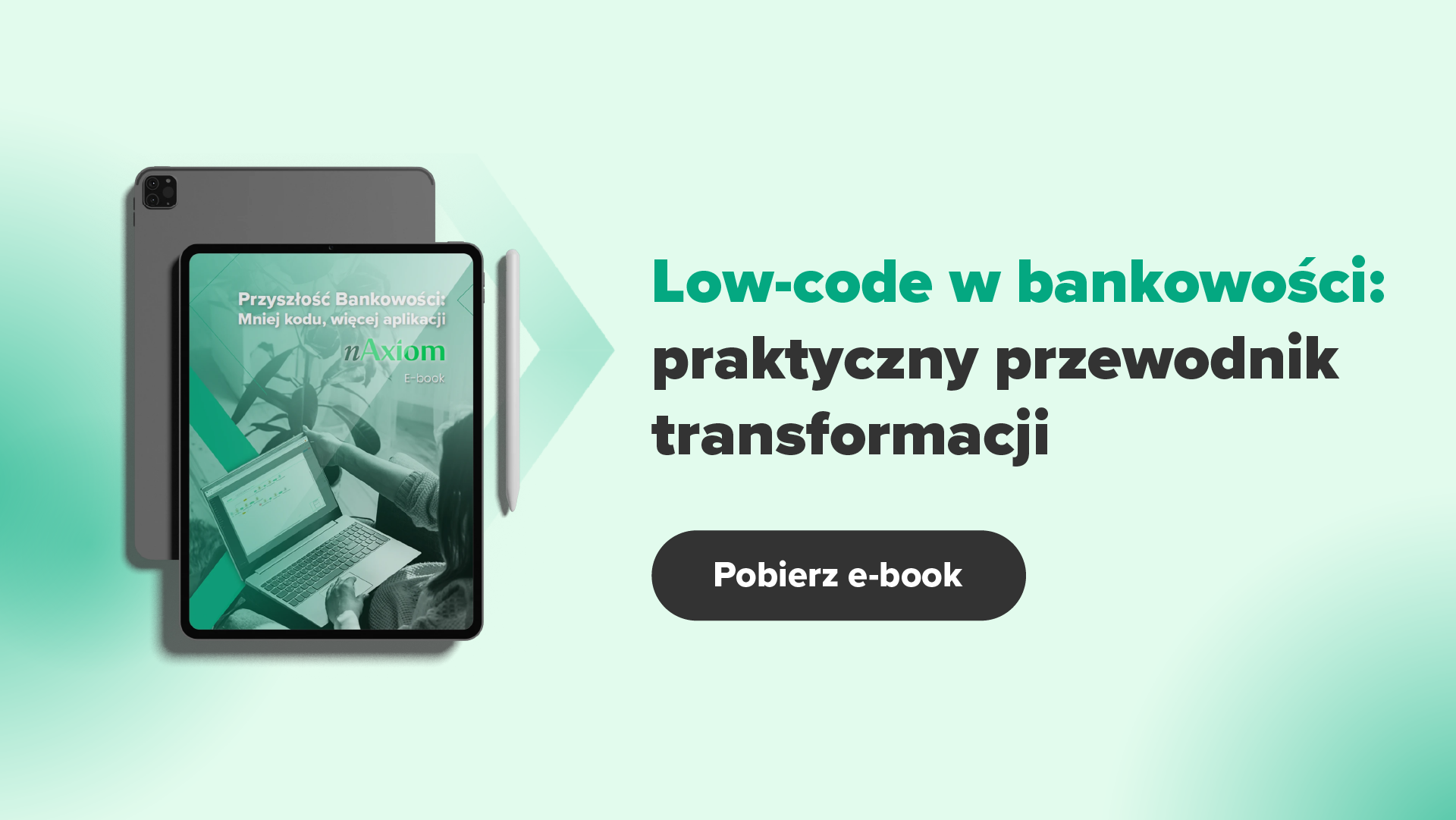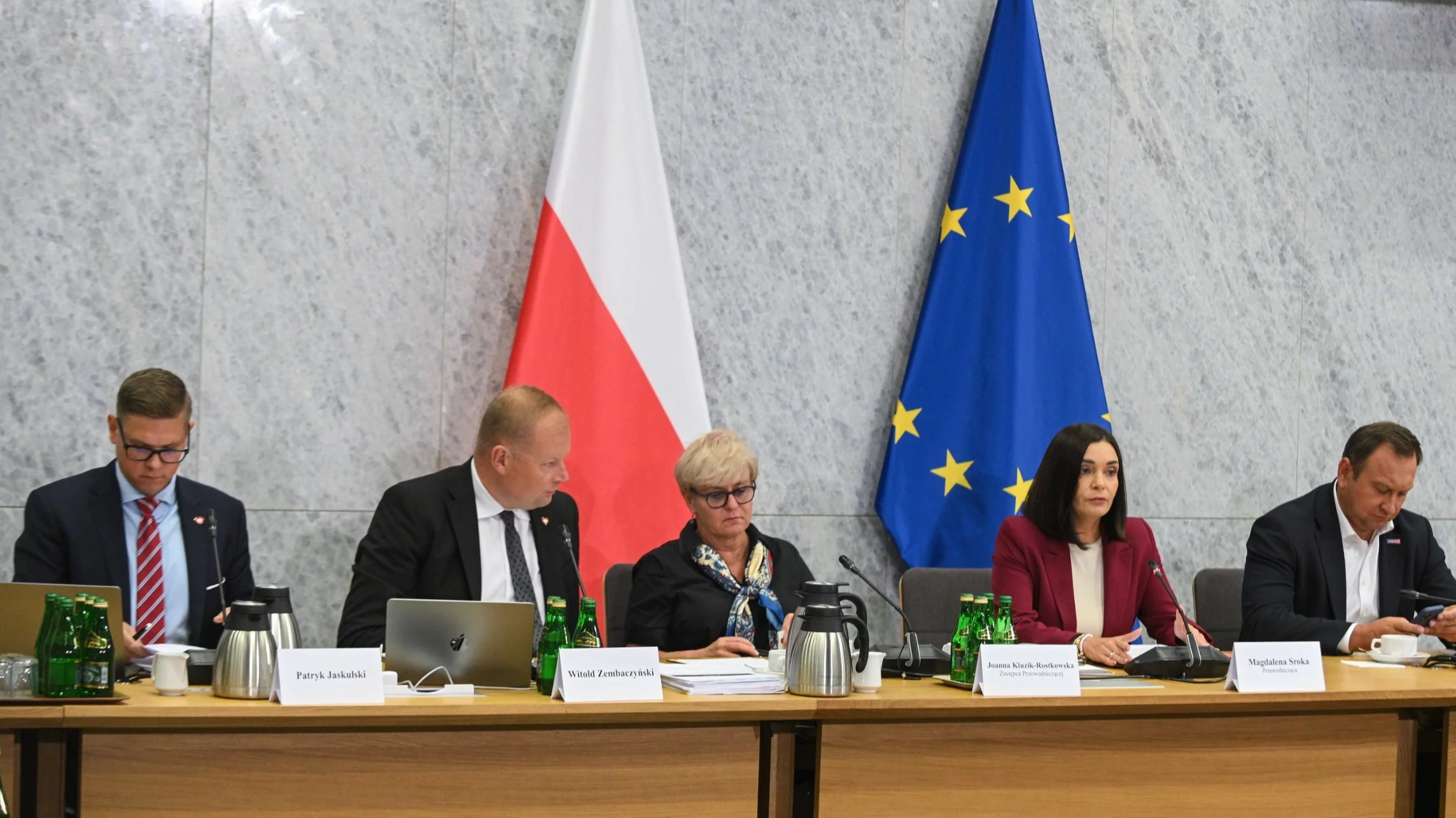Sally Rooney's books could be withdrawn from sale in the UK due to the ban on Palestine Action, a High Court has heard. The "Normal People" author's witness statements, made public on Thursday, warn that publishers and producers could face criminal charges for paying her royalties because of her "vocal" support for the banned direct-action group.
The development emerged during a legal challenge brought by Palestine Action co-founder Huda Ammori against the Home Office's decision to proscribe the organization under anti-terror laws. Rooney's barrister Raza Husain KC presented her testimony, detailing how the ban has created "uncertainty" for both herself and her publisher, Faber and Faber Limited.
Palestine Action was banned on July 5, making membership or support a criminal offense punishable by up to 14 years in prison. Rooney had previously stated her intention to donate earnings from her books and BBC adaptations to the group, prompting a warning from Downing Street in August.
Impact on publications
The 34-year-old writer told the court her income has become "enormously restricted" due to "unclear" payment status. She stated: «If I were to write another screenplay, television show or similar creative work, I would not be able to have it produced or distributed by a company based in England and Wales without, expressly or tacitly, accepting that I would not be paid.»
Rooney added: «If, therefore, Faber and Faber Limited are legally prohibited from paying me the royalties I am owed, my existing works may have to be withdrawn from sale and would therefore no longer be available to readers in the UK.» She described this as «a truly extreme incursion by the state into the realm of artistic expression.»
The author stated it was «almost certain» her next book would be unavailable to UK readers unless she gave it away for free. «If Palestine Action is still proscribed by the time my next book is due for publication, then that book will be available to readers all over the world and in dozens of languages, but will be unavailable to readers in the United Kingdom simply because no-one will be permitted to publish it, unless I am content to give it away for free,» she said.
Home Office defense
Sir James Eadie KC, representing the Home Office, told the court that Parliament defines terrorist organizations and its judgment is reflected in current legislation. He argued: «Palestine Action is within the definition of a terrorist organisation applying the test that Parliament has determined that and provided for, we say compatibly, in the primary legislation.»
The Home Office barrister stated the proscription aims at «stifling organisations concerned in terrorism and for members of the public to face criminal liability for joining or supporting such organisations.» He added: «That serves to ensure proscribed organisations are deprived of the oxygen of publicity as well as both vocal and financial support.»
Sir James Eadie KC argued the ban «strikes a fair balance between interference with the rights of the individuals affected and the interests of the community.» He said it does not prevent protests against Israel's actions or support for Palestinians.
The hearing before Dame Victoria Sharp, Mr Justice Swift, and Mrs Justice Steyn is scheduled to conclude on December 2. A decision is expected in writing at a later date. On Wednesday, the first day of the challenge, 143 people were arrested during related demonstrations.
Note: This article was created with Artificial Intelligence (AI).










